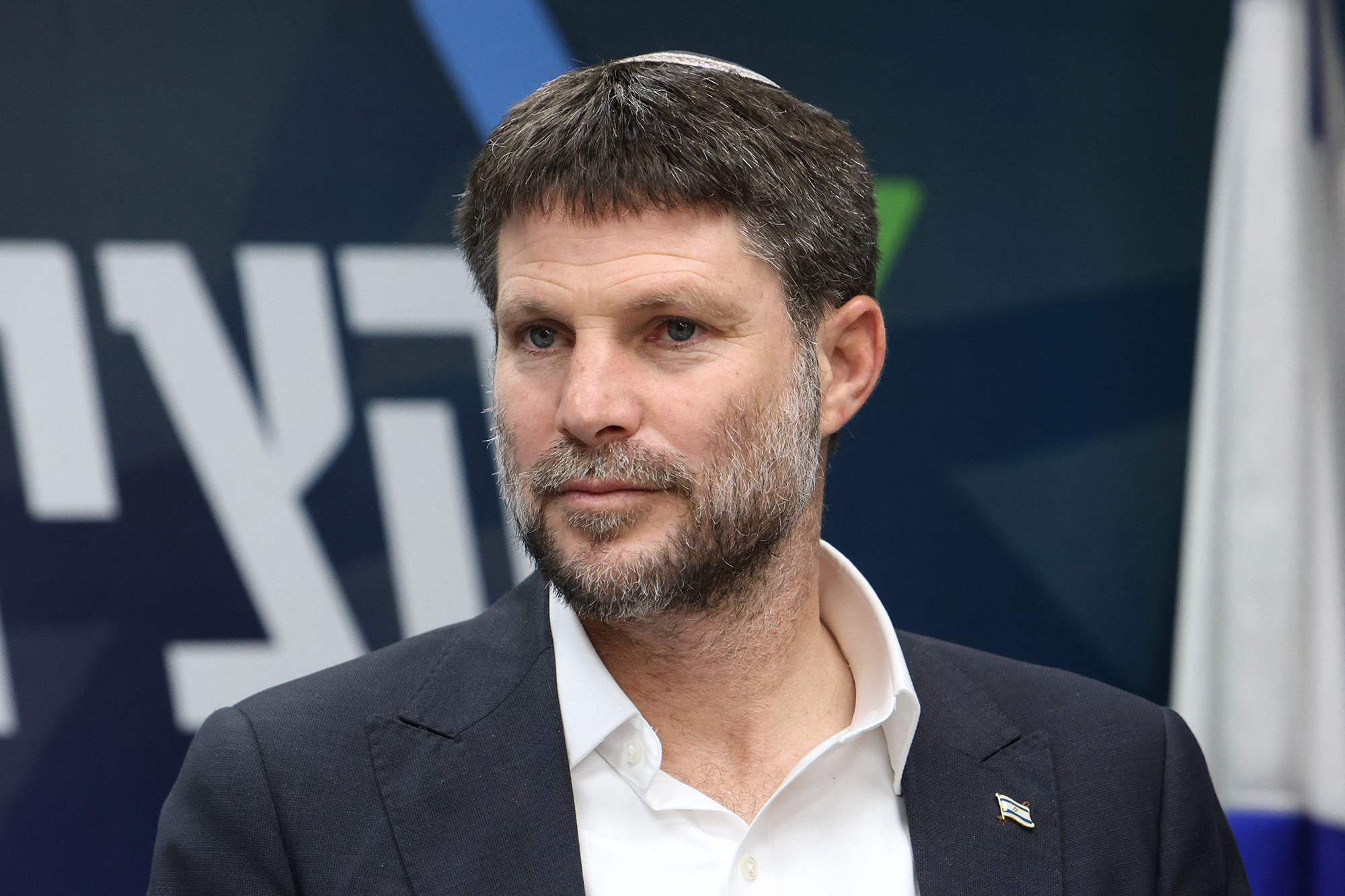
Divisions have continued to deepen between Israeli ministers over the plan for war-ravaged Gaza once the conflict ends.
Finance Minister Bezalel Smotrich has criticized the plan outlined Thursday by Defense Minister Yoav Gallant which envisages a Gaza no longer controlled by Hamas, which would no longer “pose a security threat to the citizens of Israel.”
But far-right settler leader Smotrich decried the plan outlined by his colleague.
“Gallant’s plan for ‘The Day After’ is a rerun of ‘The Day Before’ on October 7,” Smotrich wrote on Facebook. “The solution in Gaza requires thinking outside the box and changing the concept by encouraging voluntary migration and full security control including the renewal of settlement.”
Smotrich has championed the idea of a Palestinian exodus from Gaza. He and far-right National Security Minister Itamar Ben Gvir sparked outrage when advocating for the resettlement of Gazans outside the Gaza Strip.
The removal of Gazans from the territory could pave the way for Israelis to “make the desert bloom” through resettlement, Smotrich argued, adding later that he envisioned any transfers of Gazans being carried out on a voluntary basis.
United Nations human rights chief Volker Turk said Thursday he was “very disturbed” by earlier comments made by Smotrich and Ben Gvir advocating for resettlement.
Gallant’s plan: Gallant, a member of Prime Minister Benjamin Netanyahu’s center-right Likud party, said in a section of the three-page document titled the “Day After” that once the “goals” of the war have been “achieved” there would be “no Israeli civilian presence in the Gaza Strip.” That seems to rule out re-establishing the Israeli settlements in Gaza which Israeli unilaterally removed in 2005.
Gallant also unveiled the concept of a multinational task force led by the United States in partnership with “European and regional partners” charged with “the rehabilitation of the Gaza strip.”
This task force would serve as the “main address for international parties interested in assisting in the restoration of the Gaza strip,” he said. In this phase, Israel would also continue dialogue with Egypt, a country Gallant described as a “major actor.”
The minister provided scant detail on the future governance of the enclave however, merely saying that the “entity controlling the territory” would “build on the capabilities” of “local non-hostile actors” already present in Gaza.


